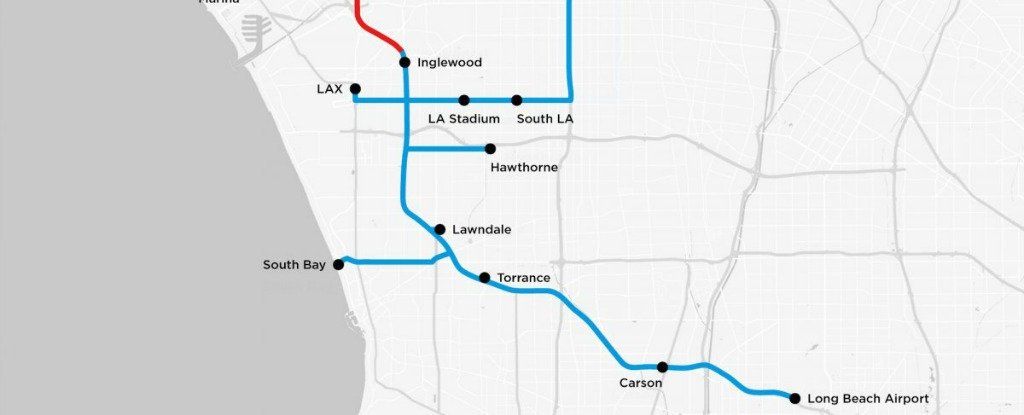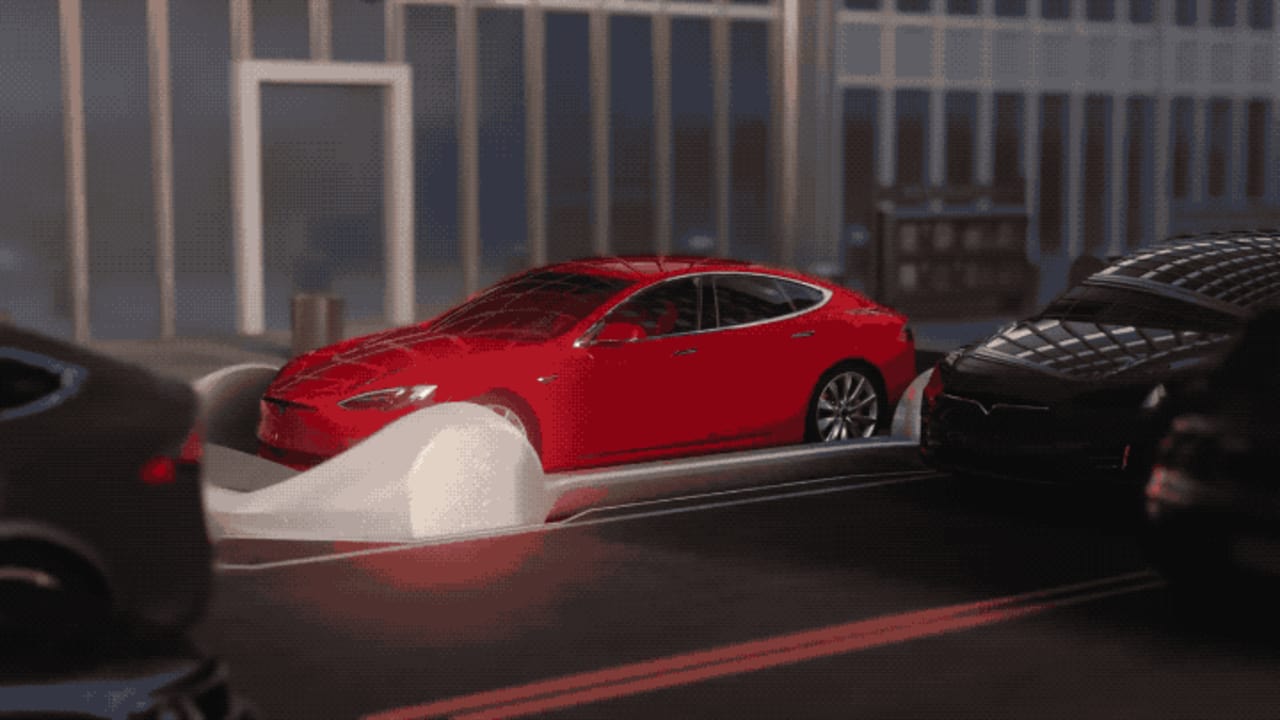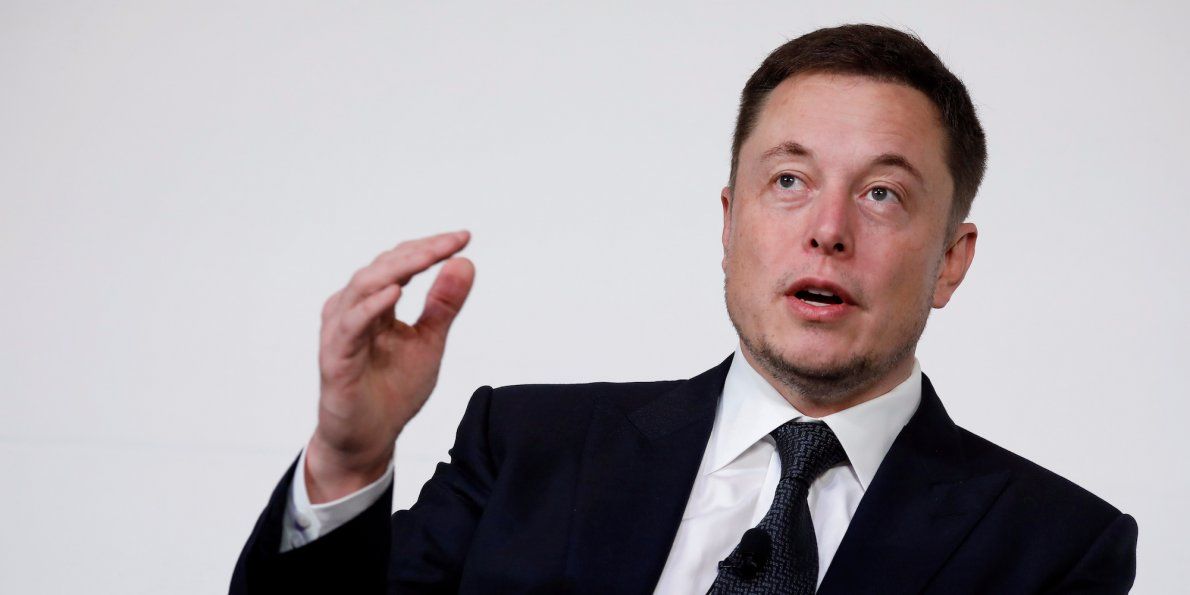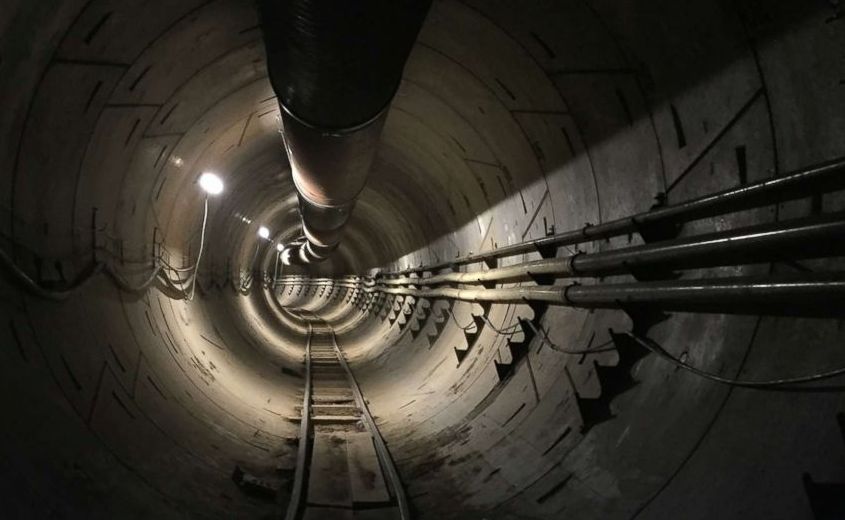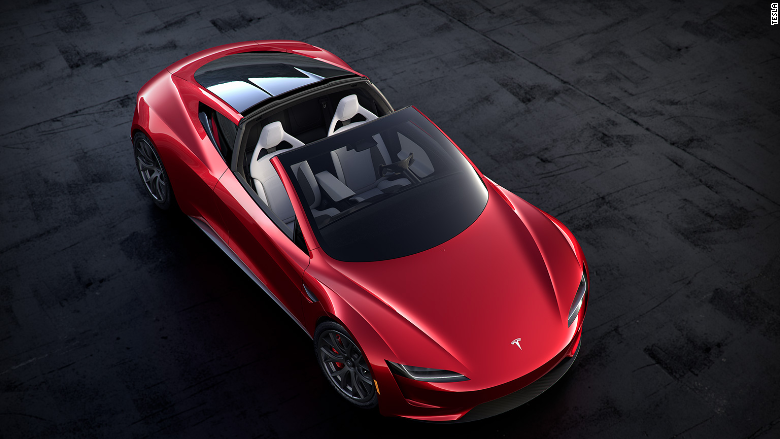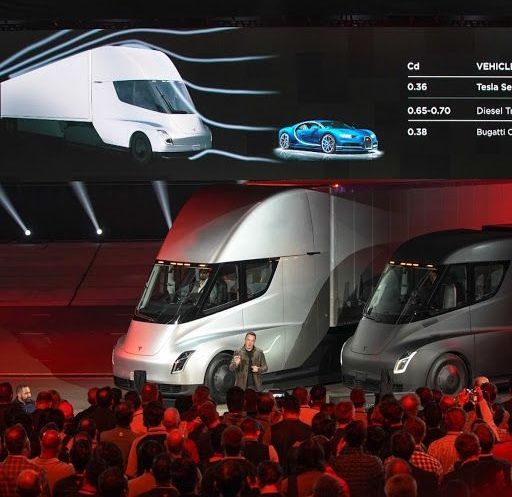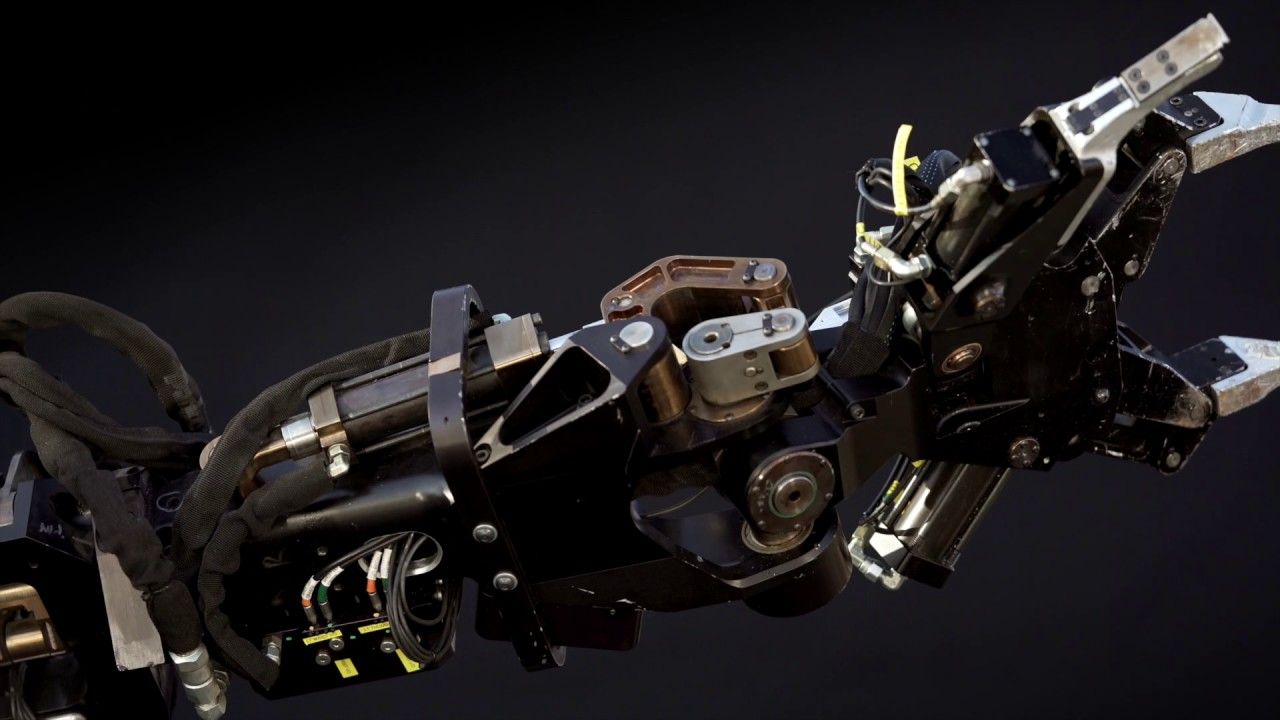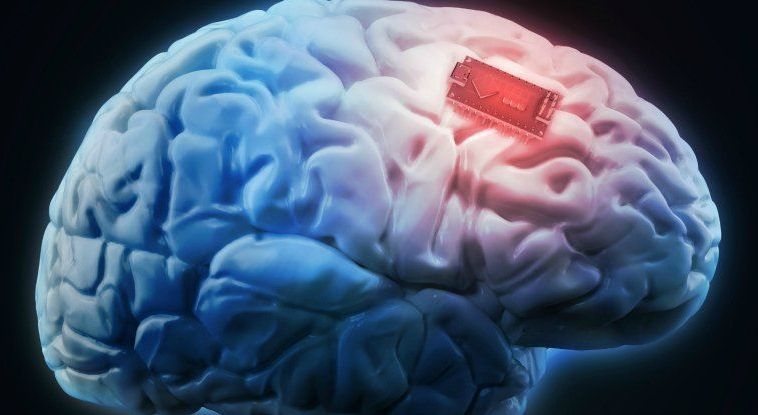Chelsea Gohd, a reporter for Futurism, recently interviewed Steve Fuller on Elon Musk’s plans to turn humans into a multi-planetary species. Her report, including the details of Musk’s plans can be found here. What follows is the full interview, only part of which was published in the article:
1. Do you think human beings are capable of becoming a multi-planetary species?
Yes, in two senses, one trivial and one not so trivial. The trivial sense is that there is no reason why we couldn’t survive in other planets – perhaps located in other star systems – that have roughly the same environmental conditions as the Earth. We just need to find them! The not so trivial sense is that we may be able to ‘terraform’ various currently uninhabitable planets to make them more-or-less habitable by humans. This would require enormous infrastructure investments that could be quite risky, at least at the start. But if there’s enough planning, capital and political will, it too could be done.
2. What do you think of Elon Musk’s recent statements insisting that becoming multi-planetary is “insurance of life as we know it”
I think he’s basically right but his way of putting it is a bit coy. It’s clear that he’s imagining that we may be heading for global climate catastrophe, and so in a general way he’s trying to insure that humanity continues to exist in some form. However, the ‘in some form’ is the key bit. Musk’s space escapades are really doing nothing for the bulk of humanity who are most vulnerable in the face of a global climate catastrophe – namely, the poor. He’s talking about preserving the people who would probably survive anyway on Earth, namely, the rich and the talented, who usually have access to the rich. In any case, even if Musk manages to establish a package holiday tour company to shuttle people back and forth between the Earth and, say, the Moon or Mars, we’d still be talking about only a small fraction of the Earth’s population that would be actually part of the final mission to airlift ‘us’ to a safe haven when the final catastrophe strikes.
3. What steps would need to be taken for us to, hypothetically, reside on more than one planet?
It really depends on which planet we’re talking about. Generally speaking, there’s what the cosmologist Paul Davies has called a ‘Goldilocks Enigma’, namely, that alternative planets are either too hot or too cold, the air is too thick or too thin, etc. So we need to address the question in more general terms because the details can vary significantly depending on the target planet. The two general strategies are that we either try to make the planet habitable by ‘terraforming’ it or we try to make ourselves compatible to the planet through some prosthetic enhancements or genetic modification of our default Homo sapiens form. In the latter case, we might think about ‘preparing’ people to live beyond the Earth as either an extreme version of the battery of vaccinations that kids routinely receive (only now we’d be potentially talking about gene therapy and silicon chip implants) or as an outright breeding of people – perhaps from embryonic stem cells – who are specifically suited for the conditions on the other planet.
4. Is Mars our only/best option for another planetary location?
This is the sort of thing that should be left open to venture capitalists like Musk to speculate about because depending on which planet you choose, the challenges will be different and the investors may have particular angles on how to deal with some of these, as opposed to others. This is what the ‘Goldilocks Enigma’ looks like from a market perspective.
5. There are those few who think that a Moon colonization is a viable option — do you think that it is possible/a good idea?
The Moon would be a good place to explore at a multi-lateral level – including perhaps the UN – in order to offload some activities currently done on Earth in the spirit of easing environmental and political pressures on our planet. In other words, I don’t see the Moon as some alternative Earth in the making but rather an Earth colony. Thus, I could see it as a tourist destination, a place for activities that tend to be conducted in relative isolation from the rest of humanity – ranging from universities to prisons – and possibly a source of useful minerals (but that would require very energy efficient spacecraft).
6. We have had a drastic impact, as a species, on planet Earth. Is it ethical for us to do same to other planets?
That’s the wrong way to look at the matter. The question is whether our humanity is necessarily tied to our current biological mode as Homo Sapiens. We have already transformed our basic apelike existence massively – from life expectancy to intellectual achievement – in a few thousand years. In other words, as we’ve remade the planet, we’ve also remade ourselves, and we are now in a position to do both more substantially. This is in keeping with the Russian ideology of ‘cosmism’, a fascinating hybrid of science and theology that inspired the idea of space travel in the early 20th century. One of its founders, Konstantin Tsiolkovsky, spoke of the Earth as simply the cradle which humanity needs to leave to test itself against outer space. The Cosmists believed that we are gods in training, and if we’re up to the task we need to show that we can retain and even extend ourselves under conditions that challenge the default settings of our physical existence. So this is the ethics at play here – one that embraces risk and displays courage.
